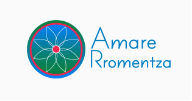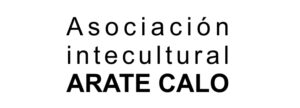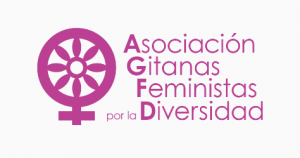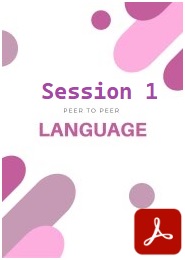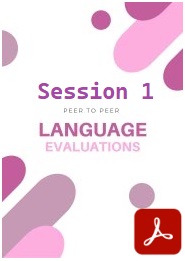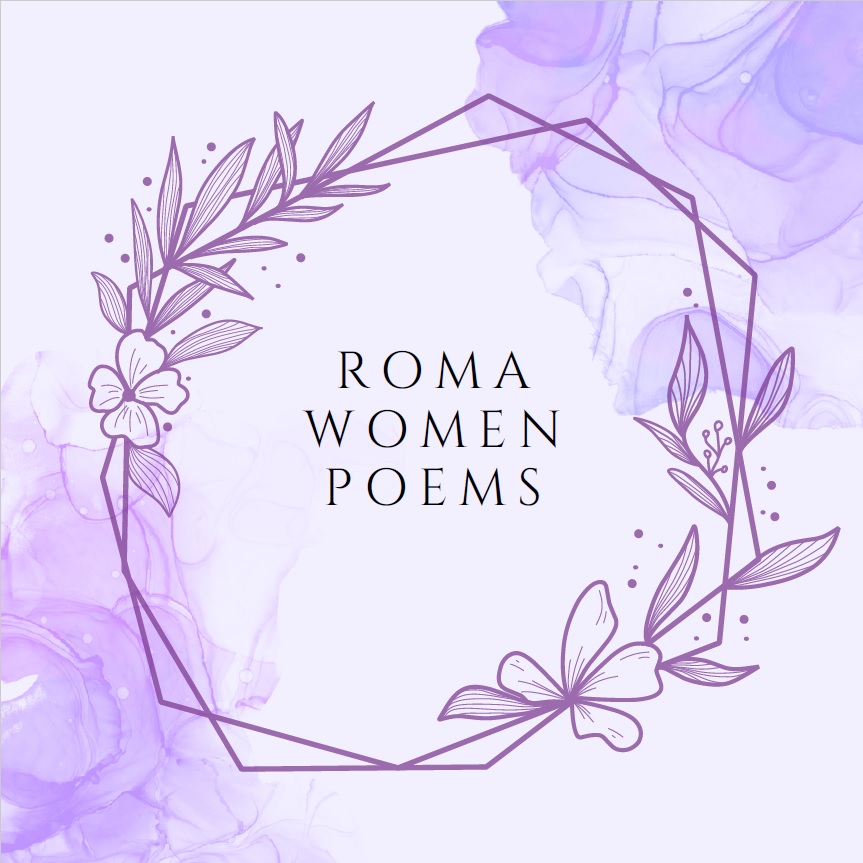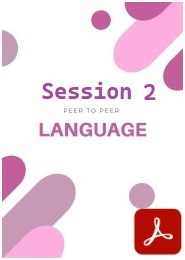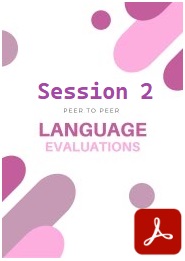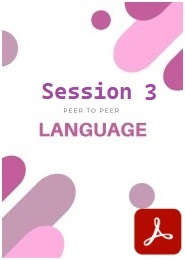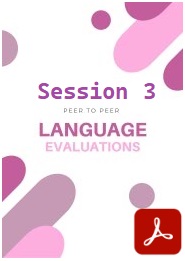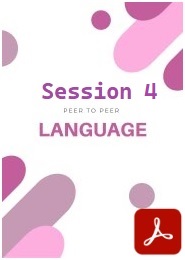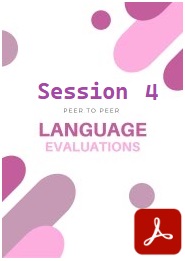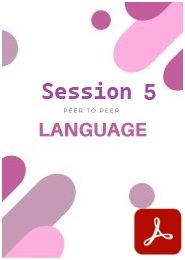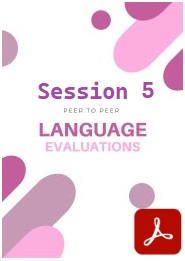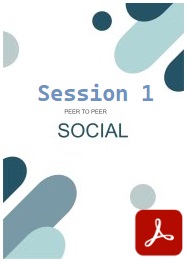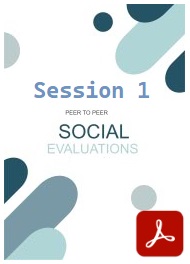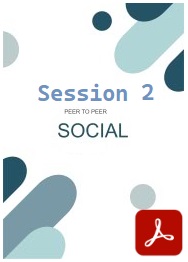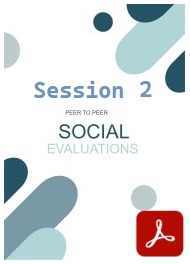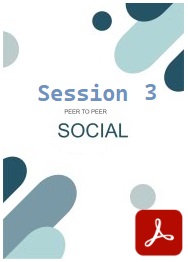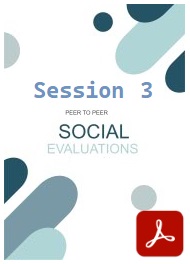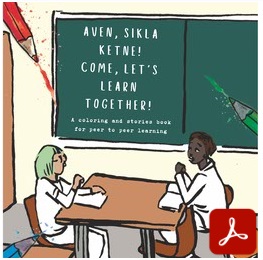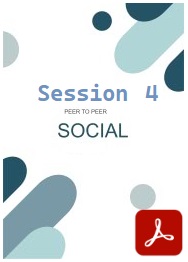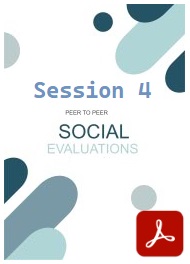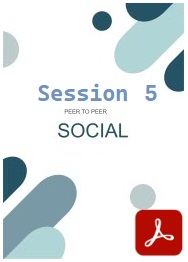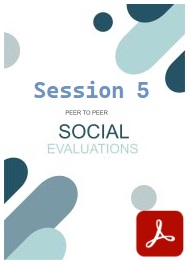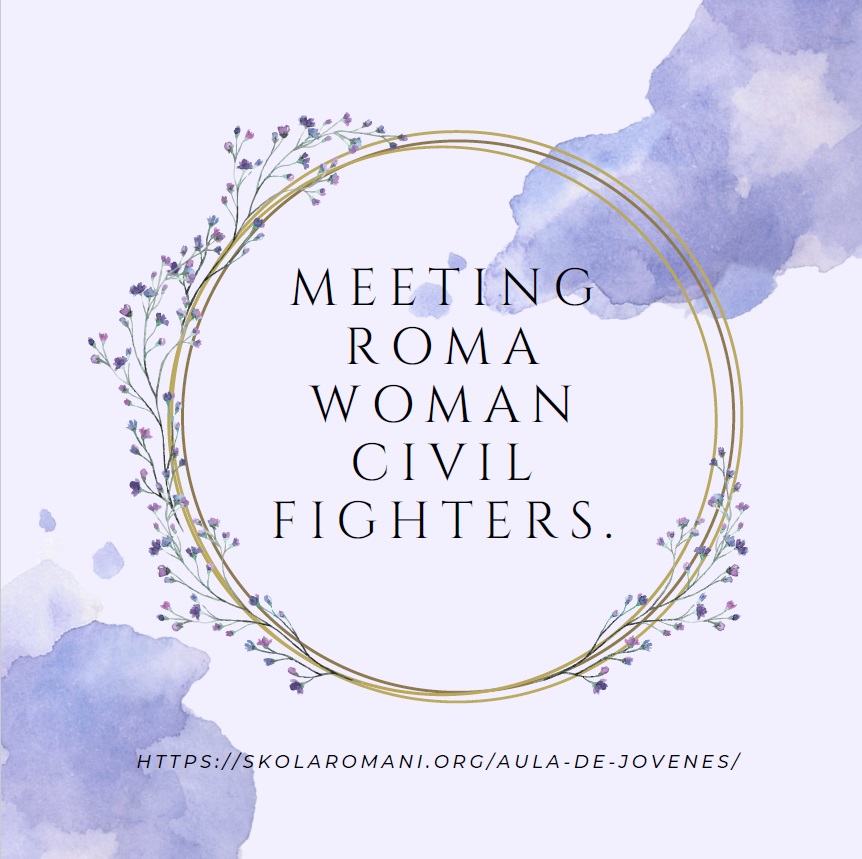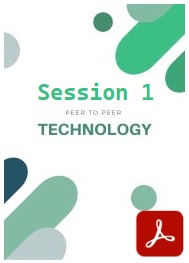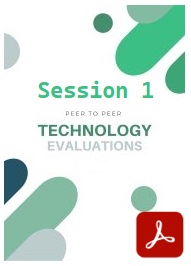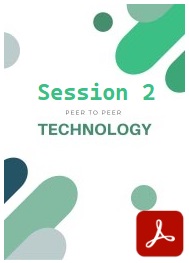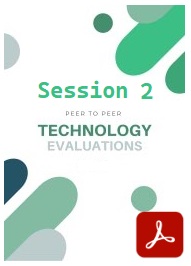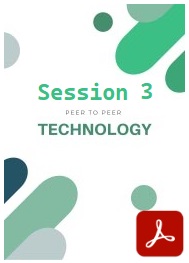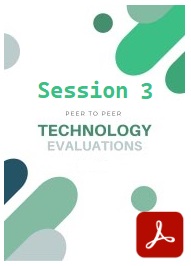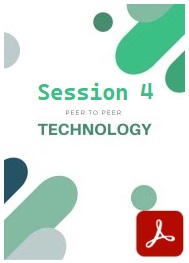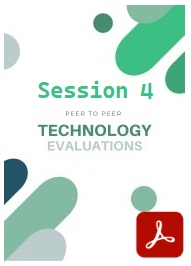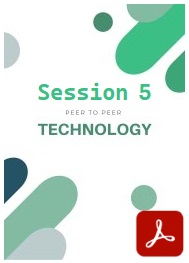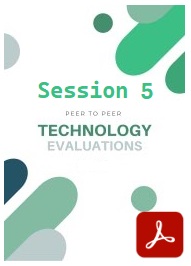Peer Learning
Project Summary
Roma women are a particularly vulnerable group in the field of equality, with almost no opportunity to access the labor market, high levels of illiteracy and without any educational qualifications that promote their social and labor inclusion.
In order to overcome these severe barriers, we must deconstruct the prejudices and stereotypes that society has assigned us, but above all establish an accessible and adapted adult education, since this educational branch is especially important to provide equal opportunities for all citizens, and unfortunately many Roma adults were unable to access school as children or did not finish it.
That is why, the project “EDUCATION REQUIRES OUR POINT OF VIEW: EDUCATIONAL MATERIALS FOR THE TRAINING OF ROMA WOMEN THROUGH PEER LEARNING” promotes important improvements and innovations in the field of adult education, trying to help schools promote the educational progression of Roma students through an open methodology and educational resources that allow Roma women to collaborate with each other and develop habits and skills. of study that allows them to meet again in the regulated system of adult education.
This project also aims to strengthen a European network of adult training entities and associations of roma women by working for their inclusion and empowerment; the network was created in 2018 and since then it has shown a great capability for international impact, and the promoters of this project will continue to improve their networking capability and the internationalization of their projects.
Methodology
All these activities and results of the project that are being created by and for roma women are based on a participatory methodology focused on non-formal and informal education, with the objective of making the learning process more attractive, thus motivating the participants, involving them in their own learning process and enhancing peer learning. The young roma themselves are also the main protagonists of the project, they are the ones who design and develop the training materials and manage the whole project.
The methodology for the creation of these educational resources is an important part of the process of developing the competences of the participants, with the intention of developing the educational skills of Roma women through their creation. It is based on the PEER-TO-PEER TUTORING methodology, widely used in many countries, both in formal and non-formal education, and recommended by education experts such as UNESCO as one of the most effective instructional practices for quality education.
This project develops this method adapting it to the specific characteristics and barriers of roma women and adult education, complementing it with the development of empowerment and self-confidence of the participants and the recognition of the value of the effort and sacrifice of the companion so that both access the educational objectives.
Project Partners
Results
O1 – ONE FOR THE OTHER: COOPERATIVE LEARNING METHOD FOR ROMA WOMEN THROUGH SHARED ITINERARIES
“ONE FOR THE OTHER: COOPERATIVE LEARNING METHOD FOR ROMA WOMEN THROUGH SHARED ITINERARIES” is a learning method specifically designed to answer to the needs and barriers imposed on roma women. It is a cooperative learning method based on the creation of asymmetrical pairs of roma women, in which the participants themselves will assume sometimes the role of teacher and sometimes that of student according to their competences. The teacher tutors a training itinerary compatible with the Basic Course I of adult education, developing the knowledge, skills, and attitudes necessary to access regulated adult education.
The index of this manual addresses 7 essential aspects:
- EMPOWERMENT AS THE BASIS OF EDUCATION: ROMA FEMINISM, with a description of our social context as roma women.
- DESCRIPTION OF THE WORKING METHOD, it is the explanation of the proposed learning method, showing the competences it develops.
- DESCRIPTION OF THE WORKSHOPS AND STUDY SESSIONS, how to carry them out, schedule, objectives, profiles, functions, and needs of each role.
- EVALUATION, which details systems for assessing skills.
- TIPS FOR ACCESSING THE CLASSROOM so that student users can access regulated education when they achieve basic skills.
- ADAPTATION TO OTHER GROUPS, with proposals and mechanisms to bring these results to other target groups.
- CONCLUSIONS on peer learning, and then a BIBLIOGRAPHY and WEBOGRAPHY.
O2 - DIGITAL ARGIRÚ: OPEN EDUCATIONAL RESOURCES TO CREATE A COOPERATIVE LEARNING ITINERARY
The O2 “DIGITAL ARGIRÚ: OPEN EDUCATIONAL RESOURCES TO CREATE A COOPERATIVE LEARNING ITINERARY” is a media library of 47 OERs (Open Educational Resources) specifically adapted to the beneficiary group and divided into three branches: Communication, Social, and New Technologies.
These are high-quality audiovisual educational materials (in the form of documents and videos) created by us, which facilitate our access to formal education and allow us to develop our mathematical competences, digital skills, and literacy. We have introduced the culture of roma women in all of them as a historical topic, making them more interesting and useful to help the rest of adult students to break the prejudices and stereotypes they may have about us.
Each document is divided into two (one containing objectives, priorities, methodology, and activities, and another with the evaluation PDF), and links in turn to the same number of resources (videos or PDFs), which can be used autonomously by roma women who want to access adult education, and by adult education teachers as reinforcement in your lessons.
Transnational Meetings
M1: WE BEGIN! – ONLINE (May 7th 2021)
This meeting took place at the end of the Preparation Stage and helped us finish signing the Partnership Agreements and monitor and evaluate the work done at that stage.
The main objective of the meeting was to advance in the Implementation Stage, being effective in developing all the results, since the project suffered a slight delay due to the restrictions caused by COVID-19 and because various activities that were planned in person had to be adapted to the virtual format (like this very meeting).
Lastly, we can only add that despite the difficulties caused by COVID-19, and having had to virtualize this activity, we consider that in this first Transnational Meeting all objectives set were achieved, all the partner organizations participated, and all the planned topics were worked on in depth in order to advance in the achievement of the project.
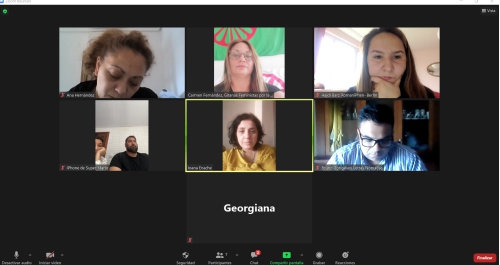
M2: HOW ARE WE GOING? – BUCAREST, ROMANIA (October 2nd 2021)
The main objectives of the second Transnational Meeting were to monitor the progress of the project and an on-site evaluation. We focused on implementing the actions that allowed us to alleviate the slight delay that the project had due to the consequences of COVID-19.
During the meeting we advanced in the development of the Intellectual Output “O1 – ONE FOR THE OTHER: COOPERATIVE LEARNING METHOD FOR ROMA WOMEN THROUGH SHARED ITINERARIES”, by sharing the progress made by each of the partner organizations and working together, and regarding the second “O2 – DIGITAL ARGIRÚ: OPEN EDUCATIONAL RESOURCES TO CREATE A COOPERATIVE LEARNING ITINERARY”, we finished specifying its contents and formats of the audiovisual files.
In this second Transnational Meeting it was possible to fulfill the objectives set, discussing the points to work both formal and non-formal and informal, but we were also able to consolidate our bonds of trust and friendship between partners.
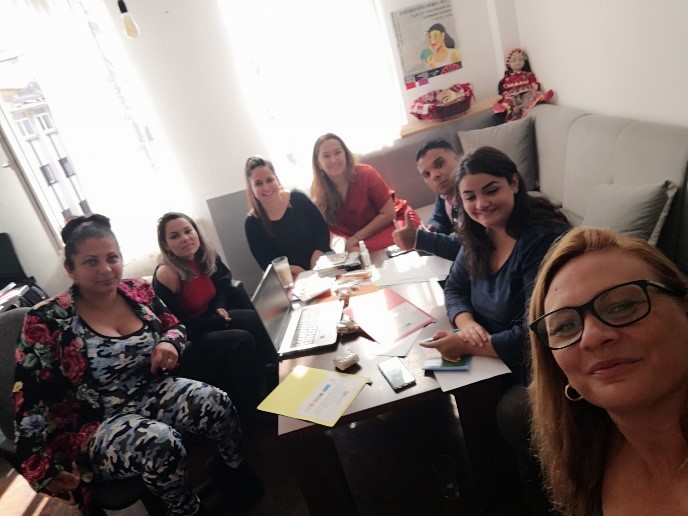
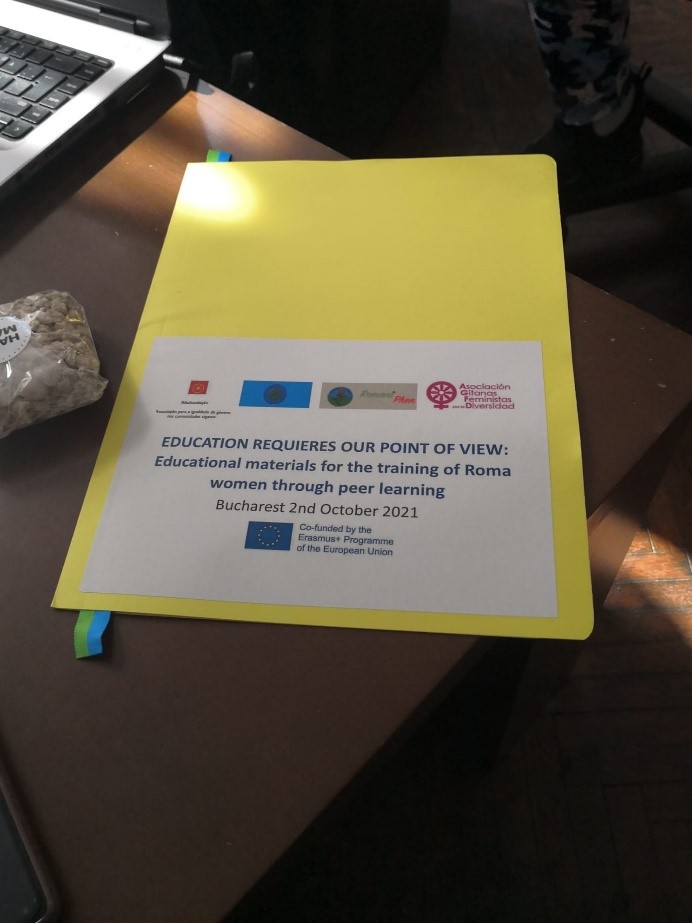
M3: FINISHING! – MADRID, SPAIN (January 29th 2022)
In this third meeting we review the progress of the project and its results generated so far, using it also to carry out an on-site progress evaluation.
The entity CENTRUL RROMILOR AMARE RROMENTZA, in charge of Intellectual Output O1 “ONE FOR THE OTHER: COOPERATIVE LEARNING METHOD FOR ROMA WOMEN THROUGH SHARED ITINERARIES”, made a brief presentation of it to the other entities, to make improvements and adapt it properly to the Basic Education Courses I.
Then, each partner showed their audiovisual content to be included in the O2 “DIGITAL ARGIRÚ: OPEN EDUCATIONAL RESOURCES TO CREATE A COOPERATIVE LEARNING ITINERARY”, with a very high audiovisual production quality, at the level of a professional documentary, and which would be tested during the rest of the project in pilot tests.
The last stage of the meeting focused on the Dissemination Phase for the project and its results, to reach the maximum possible number of general public, beneficiaries, and multipliers.
M4: DISSEMINATING – MADRID, SPAIN (November 18th 2022)
The fourth meeting focused on the effective follow-up of dissemination activities and on establishing the processes of progress evaluations and the Final Evaluation of the project, and we shared the audiovisual materials of the O2 “DIGITAL ARGIRÚ: OPEN EDUCATIONAL RESOURCES TO CREATE A COOPERATIVE LEARNING ITINERARY”, already completed and edited, to start disseminating them.
After describing the bilateral meetings and activities to disseminate the results carried out by the partner entities to their target audiences, we focused on the two Multiplier Events, the first one a few days after this meeting, on November 22nd, and the next on December 16th, 2022.
Lastly, this fourth and final meeting closed with an on-site progress evaluation, in which we all showed our satisfaction and pride for having worked this project, with necessary and ambitious objectives, having achieved them despite the difficulties of the COVID-19 pandemic.
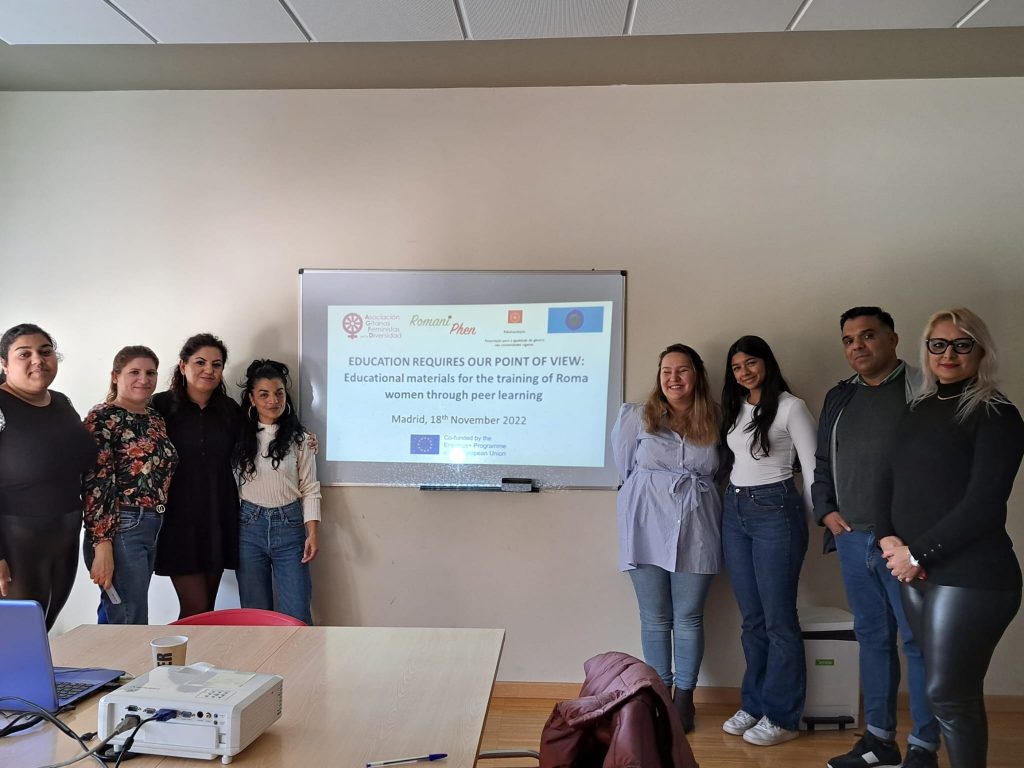
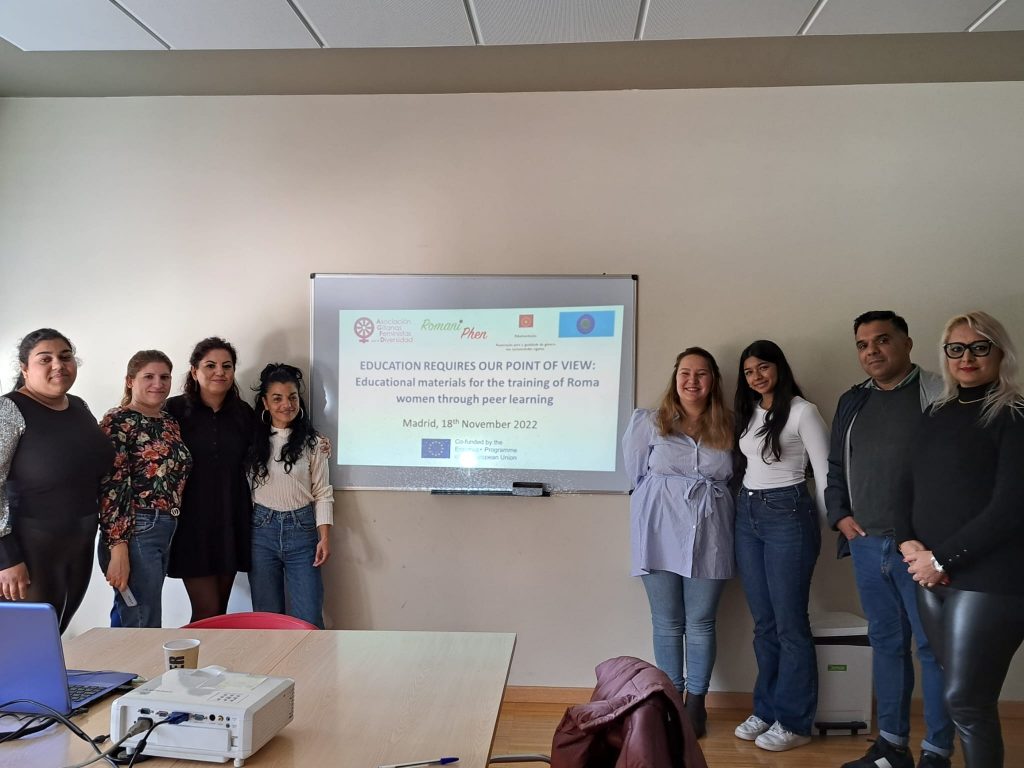
Pilot Tests
We have been able to carry out many more pilot tests than were proposed, autonomously and virtually due to the impact of COVID-19, but also due to the exclusion and persecution suffered by many young people living in Hungary, Bulgaria, and romania, which prevented them from attending their headquarters.
In spite of everything, 10 social entities of roma, or that work with this beneficiary group, from 7 different countries, distributed the results among their partners, who tested and evaluated them through virtual meetings.
Multiplier Events
E1: EDUCATION AND ROMA FEMINISM IN GRANADA
(November 22nd 2022)
The first of our two large Multiplier Events coincided with the Day of the Roma People in Andalusia (November 22nd). We focused the event on a small audience of experts, teachers, and workers specialized in the roma community, and used it to introduce them to our two main Intellectual Outputs. Among the attendees were leaders of associations in the region, experts in the field of education, and representatives of the Department of Social Welfare.
We brought together 22 key participants from the regional and national level, turning them into multipliers, since with their potential for dissemination (due to them being leaders of associations and teachers of educational centers) they can extend the impact of the project to dozens of people within the profiles of our target audience.
During the event we carried out dynamic evaluations of the results, involving our innovative Method and the Open Educational Resources to the attendees, who tested and improved them during the course of the day, with an open debate after the presentation of both Intellectual Outputs.
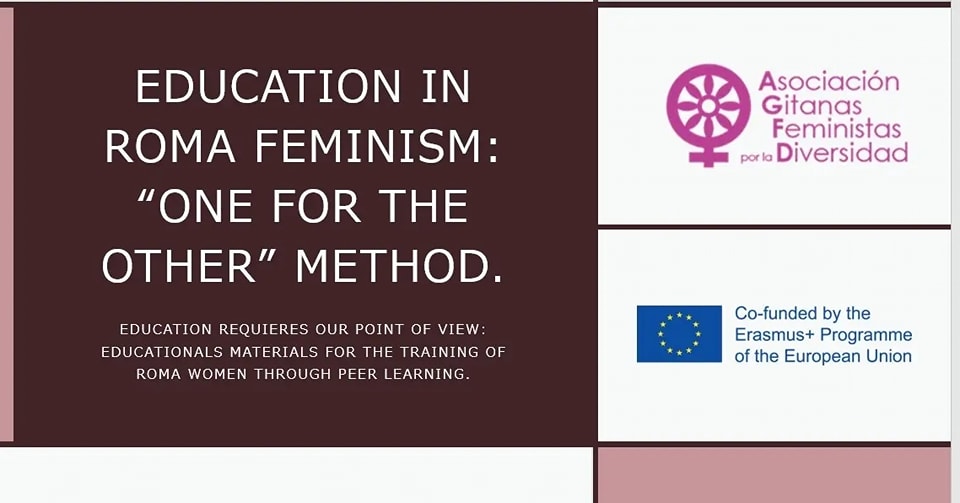
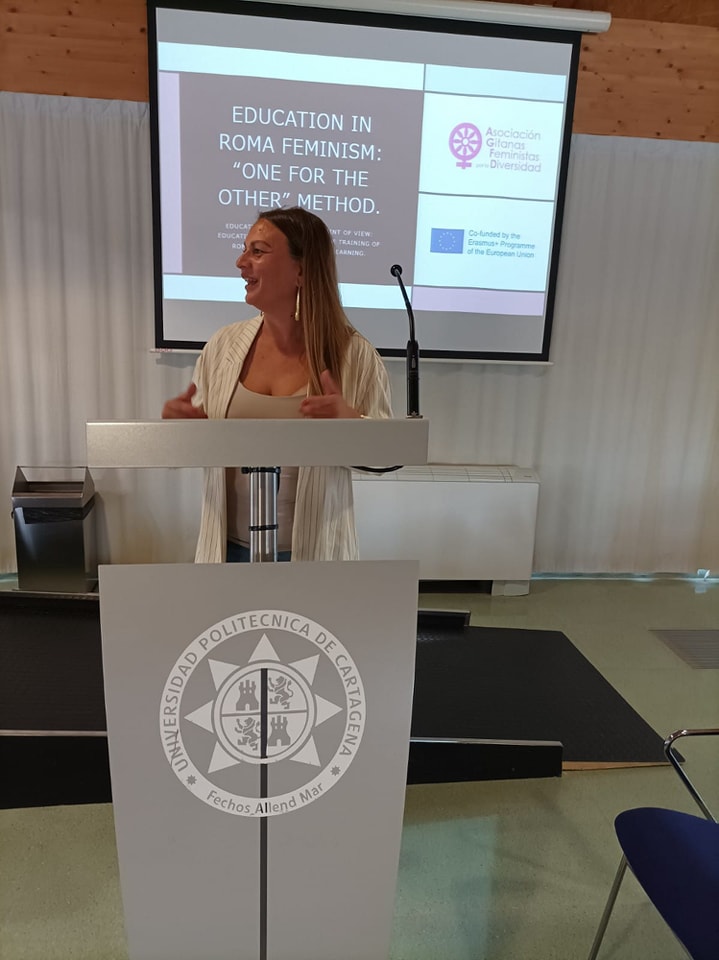
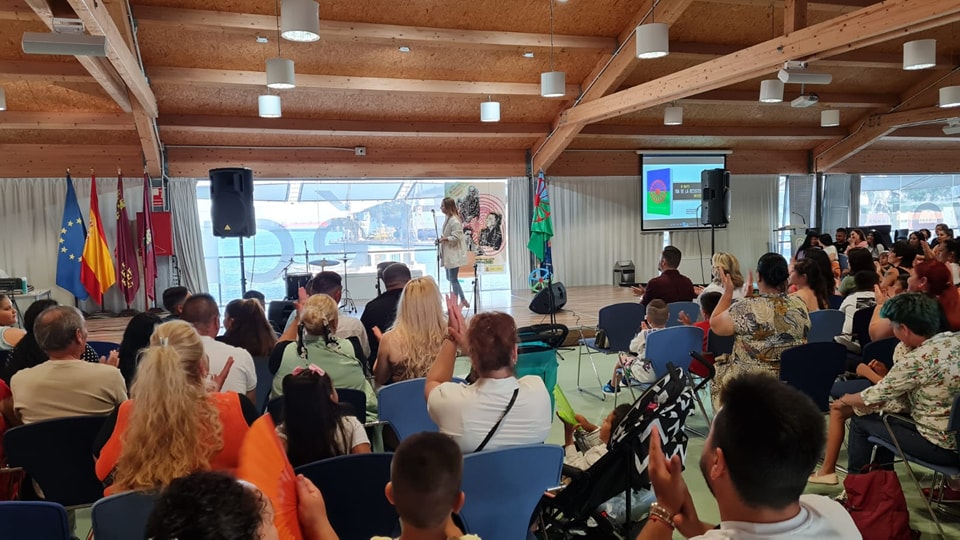
E2: BUILDING ROMA FEMINISM IN CARTAGENA
(December 16th 2022))
After the success of the E1, held a few weeks before for a specialized audience, we carried out this E2 thanks to the collaboration of the City of Cartagena and the University of Murcia in the Faculty of Sciences of Cartagena, to reach as many multipliers as possible. In it, we presented the two Intellectual Outputs of the project to the more than 110 participants gathered, most of them from Spain, but also some from the rest of Europe, further enhancing the dissemination and use of these results.
In addition to the audience of adult roma women, we can highlight the presence of local policy makers, experts from the University of Murcia, directors of local entities, exponents of the roma community in Cartagena, social workers, multiple teachers and heads of adult education centers in the region, and representatives of the media.
We benefited from the scope and call of this E2 and all the experience accumulated by the partners to promote the real inclusion of the roma collective, claiming the need to knock down the barriers of access to formal education that we have, in addition to those imposed by society in general. The experience for the attendees was participatory, making them the protagonists of a dynamic and appealing act, generating a productive debate to improve the two Intellectual Outputs, as well as a space for the empowerment of roma women that contributed to the visibility of the collective and its inclusion.
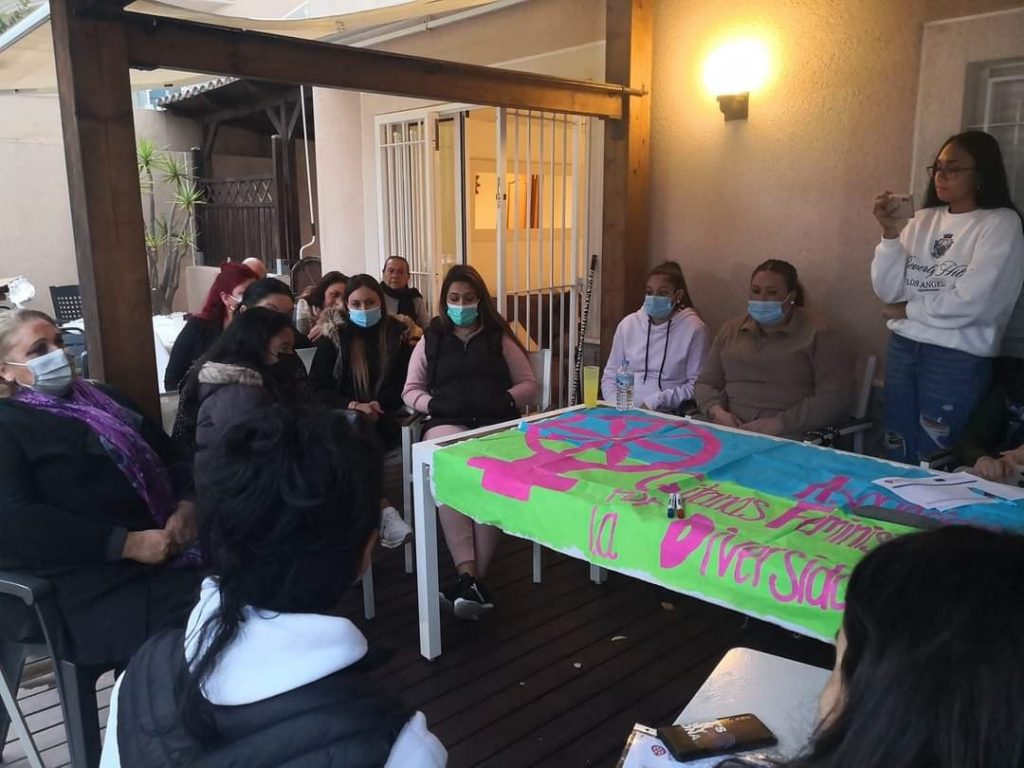
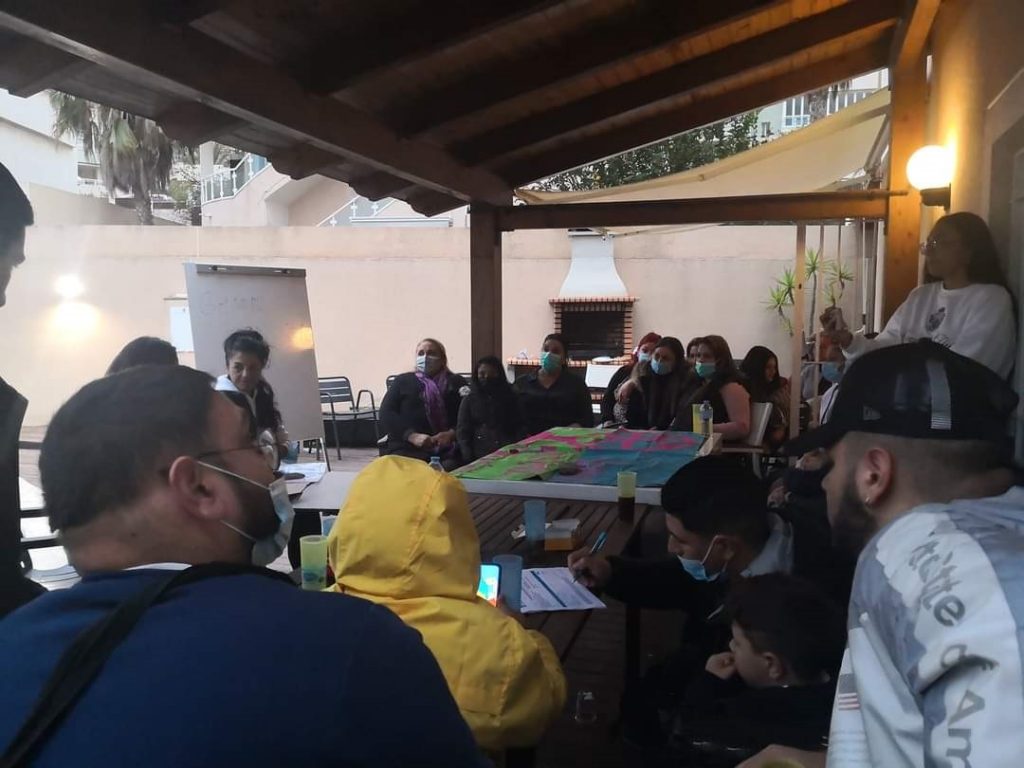
Evaluation
We carried out the evaluation of the project through specific, comprehensive, participatory, and democratic adapted measures, with the help of all the participating entities, to define to what extent the results and objectives were achieved, and to accredit its quality of management, results, and ensure its continuous improvement while we implemented it.
In order to reach these objectives and evaluate the achievements of the project, specific indicators were defined for each result, which served to measure both the degree of quality and the level of execution of the objectives by linking them to the expected results throughout the project.
After having analyzed and evaluated these indicators we were able to verify that all the objectives of the project had been achieved, also improving several aspects, such as the very high participation of organizations (both partners and collaborators), the positive impact of the results on the target audience of adult roma women, and the high number of educational centers that are implementing our results.
